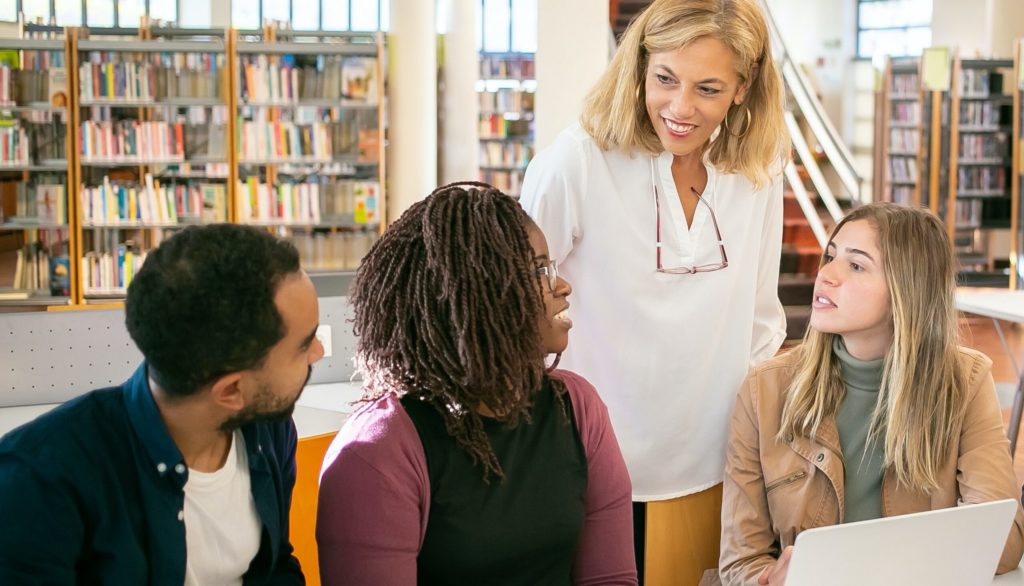
Personas in education are a powerful tool for understanding and catering to the diverse needs of various stakeholders within the educational ecosystem. Whether it’s alumni, students, or educators, creating personas allows educational institutions to personalize their approaches and strategies to better engage, support, and enhance the learning experience.
Understanding the Purpose of Personas in Education
1. Alumni Engagement:
Creating personas for alumni is crucial for sustaining a lifelong relationship between the institution and its graduates. Each alumni segment might have distinct preferences, interests, and contributions they can offer. By generating personas, educational institutions can customize their outreach efforts, events, and communication strategies to resonate better with alumni, fostering stronger connections and increased engagement.
2. Student Support:
Students are not a homogeneous group; they have diverse needs, learning styles, and preferences. Creating personas helps in identifying and addressing these different segments effectively. Whether it’s catering to the needs of visual, auditory, or kinesthetic learners, or understanding the specific challenges faced by international students versus local ones, personas enable educators to tailor support systems, resources, and teaching methodologies to enhance the overall learning experience.
3. Teaching Enhancement:
Educators can greatly benefit from personas by understanding the varied preferences and learning styles of their students. Tailoring teaching methods, materials, and assessments based on these personas can significantly improve student engagement and outcomes. For instance, knowing that one segment of students learns better through hands-on activities while another prefers visual aids allows teachers to diversify their approach, making learning more effective and inclusive. This helps educators shape their curriculums based on the unique needs of their students.
Personas in education drive positive change by enabling personalized approaches that move beyond a generic model. They empower institutions to customize outreach, support, and teaching methods, fostering stronger connections and improved outcomes for all stakeholders involved. Students benefit from feeling understood and supported in their unique learning styles, leading to increased engagement and academic success. Alumni personas facilitate tailored engagement initiatives, enhancing alumni relations and strengthening the institution’s network and reputation. Overall, personas play a pivotal role in creating an inclusive, engaging, and effective educational environment by catering to the diverse needs of stakeholders and ensuring a personalized learning journey for everyone involved.
Persona generation is now quicker and more efficient using technology, and one of the simplest ways you can generate personas for education is through the surveys done regularly on alumni, teachers, and students. This can be done through the Survey2Persona system that takes your survey responses and translates these insights into detailed personas tailored for educational purposes.

